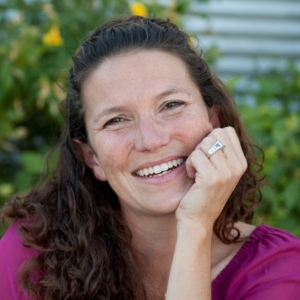When Does Learning Stop?
When Does Learning Stop?
Tonight, our Curriculum Designer, Caroline Slee-Poulos asks the question many of you may be asking: When Does Learning Stop?
I’m not trying to be obnoxious when I say this: learning stops once you are dead.
As long as we are alive, we are learning and progressing. Even if the process of learning is not what you might think of as “overt” – i.e. in a classroom, from books, in front of a teacher – you are still learning as you go.
That learning can be lighthearted, or formal. If you think you are not learning, I would ask you if you have ever helped a child or grandchild work on a level of a video game. If you have, I can guarantee you that you were learning in that moment!
Humor aside, there is a vast wealth of research about the benefits of lifelong learning. Outside of the obvious professional benefits, learning is good for your health.
The Harvard Business Review has reported on this. As an English teacher I, of course, love the fact that they note that reading lowers blood pressure. They also cite neurologists who observe that learning (cognitive activity) can delay symptoms of Alzheimer’s Disease. Learning does not change the disease, nor cure it, but a delay in symptoms offers a better quality of life to those with the diagnosis.
For many of us, we think of the formal education we have received in our earlier years as the model of learning. As you can see from my video game example above, learning goes beyond that classroom.
Picking up a new instrument, or spending time to learn new music are both ways of learning. Picking up a new hobby or craft are ways of learning. Developing a new habit – whether that may be a daily writing practice or reading practice – is another form of learning. Turning off the map program on your cellular phone and exploring an area with a map (or nothing but your sense of direction!) is still another way of learning.
What I am trying to demonstrate here is that our classes, which have moved away from the traditional in-person classroom, are part of a larger picture for your life. Yes, by continuing your education you are increasing your marketability and expertise in your field.
You are also improving your health and quality of life.
Isn’t it time for you to experience all of these benefits?

